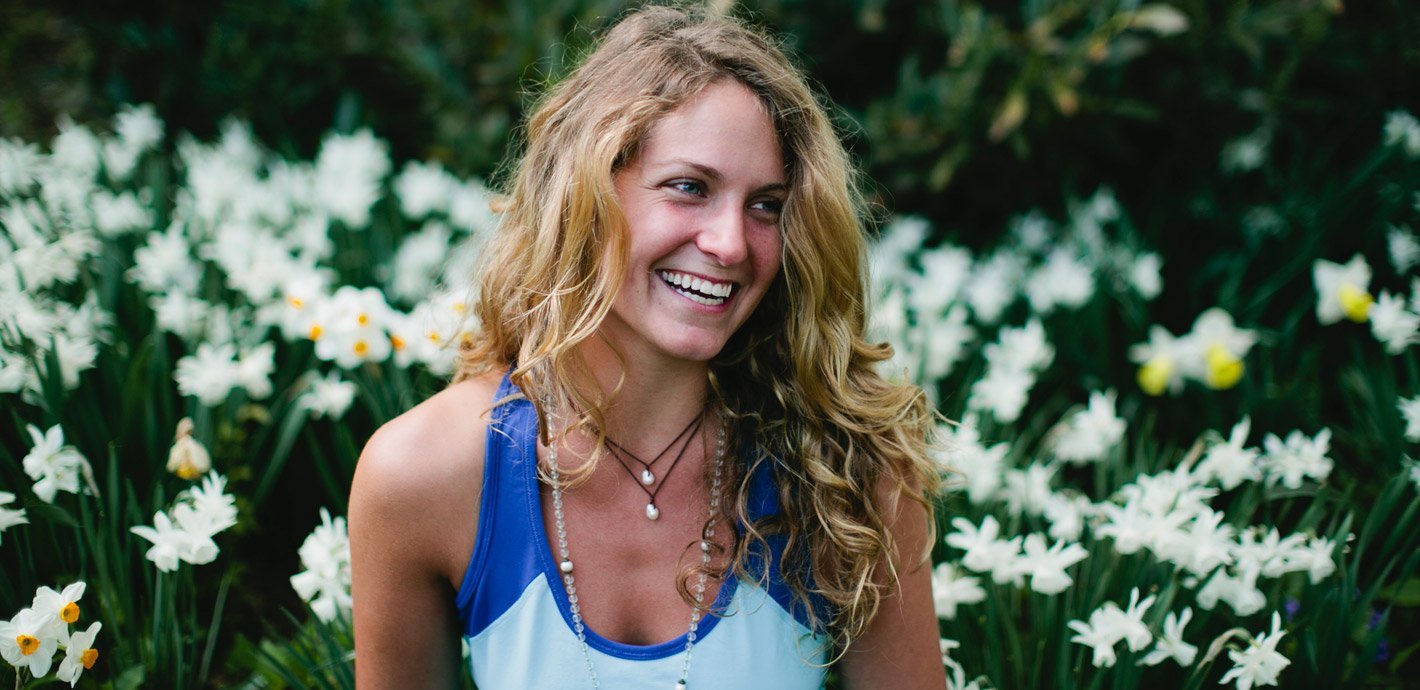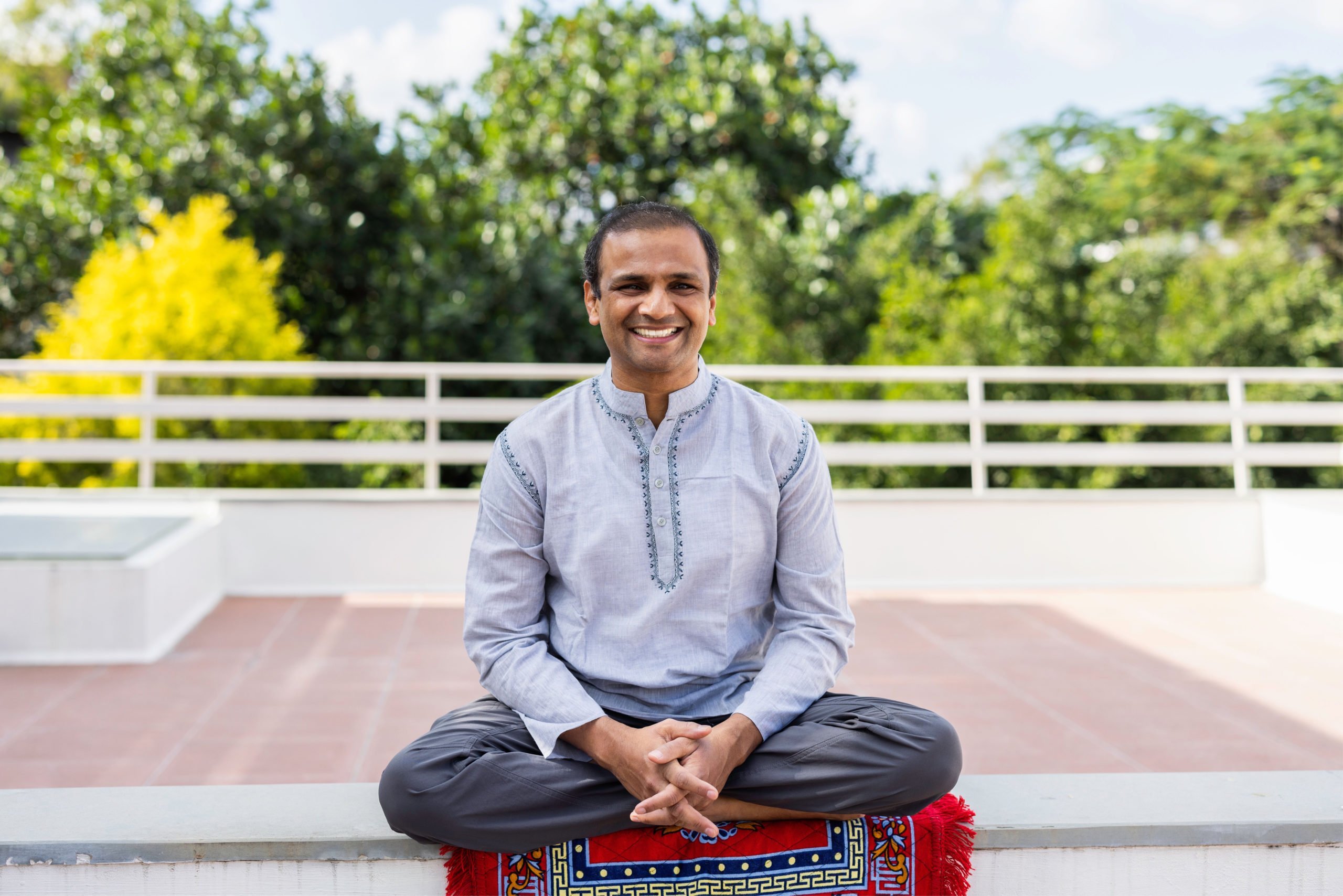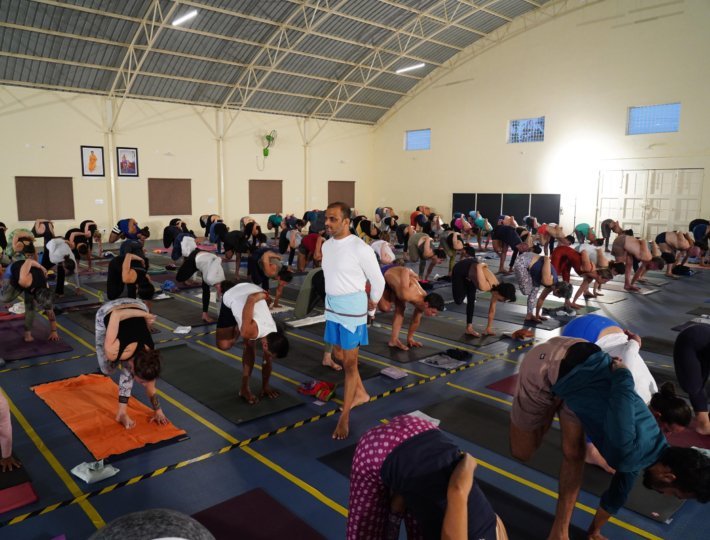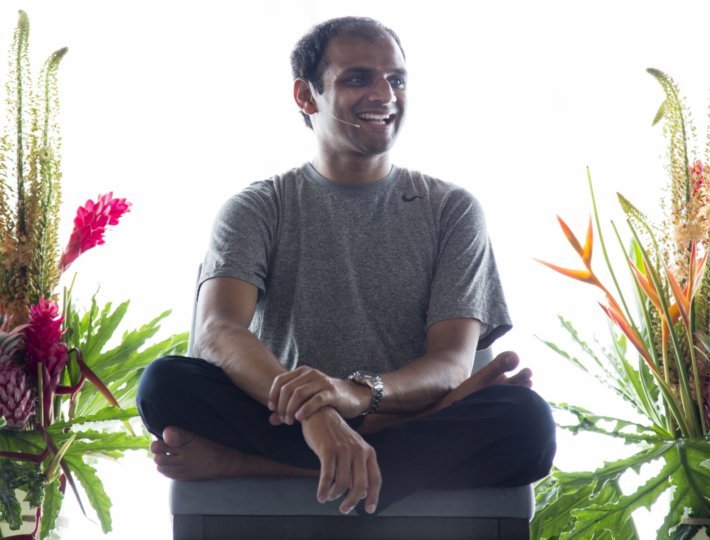Speeding down the Hudson River bike path, along Manhattan’s Upper West Side, wind tousling my hair, all seems perfect and supremely quiet on this warm summer evening. Then, suddenly, my front tire strikes a tree root, obscured in the twilight. Before I have time to think or react, my handlebars jerk to the right and my bicycle hurtles straight ahead, powered by the momentum of my earlier speed. Time expands as my field of vision tumbles over the handlebars and my arms near the pavement. Then, with a thump and a skid, I slam into the pavement, my left leg and right arm shedding skin in a few areas. Fortunately, I am otherwise unscathed, and my injury isn’t bad enough to prevent me from peddling home.
The next morning, I head to meet a friend at a café. We’d planned to walk around Central Park together, soaking in the heat and vibrancy of summer in one of the most electric cities on Earth. Yet, as I walk from the subway toward where we were to meet, each step sears with pain as I bring my left foot, which suffered several deep cuts, to the ground. Wounds still fresh, it isn’t quite ready to bear my weight. I typically walk with a brisk pace, but today my stride is necessarily deliberate.
The physical sensations of this walk aren’t exactly pleasant. Yet, something remarkable emerges. As I hobble along at half my normal pace, the beauty that surrounds me shifts into focus. The pain serves as an additional arm, yanking me back into the present moment. In the late morning sun, each tree overhead is a sea of glittering emerald. I stroll through a farmer’s market, and rather than seeing all the shoppers as a nuisance, impeding my rapid passage, I take time (albeit involuntarily) to notice the details that previously eluded me. I witness the pudgy man selling goat cheese and milk; the fresh pesto stand, adorned with twigs of basil, and a gray-haired woman standing by ready to sell vegan or parmesan-infused varieties; the blooming begonias, spilling over their pot’s brim; and gluten-free loaves of challah calling out to passerby. I hear a little girl giggling gleefully, as she spins in circles, and feel the sun caress my skin. Something wondrous happens: I am actually here, in my body, on this ground, and I am overwhelmed by the splendor and poignancy of it all.
Then, it dawns on me: I walk down these streets every day, yet, in my acclimation to these surroundings and in my constant quest for greater efficiency, I’d sequestered my consciousness far away from the delights that surround me. The bustle that once tantalized me had become an annoyance, and I’ve slowly let my pace siphon the pleasure out of my adopted hometown.
When I meet my friend, I am awash in gratitude. This injury, which I’d arguably incurred because of a lack of mindfulness, has offered me the gift of presence and, in that wakeful awareness, I have discovered an unexpected companion: joy. Reflecting on this, I remember another similar experience. In early autumn, several years before, I had the privilege of attending a conference on psychotherapy and meditation with Zen master Thich Nhat Hanh. Thay, as his students call him, guided the entire group of conference attendees (several hundred in all) on a mindful walk through the Boston streets to a nearby park. It was a September day, and the air carried that first coolness of fall. Redirecting my attention to each step, attempting to emulate Thay’s gentle yet potent presence, by some grace, I found myself thrust completely into the present, enveloped in the aliveness and bliss that can be accessed only in this very moment.
Related: Yoga Helped Me Find Happiness
Each moment of our lives is like a grain of sand in an hourglass, part of a finite supply. Each moment is unspeakably precious—once it passes, it’s gone forever, except as a dulled memory. None of us know how many moments we have left. Still, we march on as if there’s a never-ending surplus. We lose touch with the sacred, as routine and stress gradually drown our joy. We forget that every moment is an exquisite reflection of an unimaginable miracle: Somehow, we’re alive and aware on this blue-green planet twirling 1,000 miles per hour on its axis and hurtling 66,000 miles per hour around the fire-ball we call the sun, amidst an inconceivably vast universe. As Albert Einstein said, “There are only two ways to live: One as though nothing is a miracle. The other is as though everything is a miracle.”
Here’s the great paradox: When we are truly present, time no longer exists. In the eternal present, we melt into immortality, met with an intimate understanding of the preciousness of our finite time on this planet. Though we often dream of our glorious, idealized futures, or wistfully entertain nostalgia from the past, happiness can only be found in the present. Sometimes, this moment is filled with joyful abundance. At other times, it’s tinged with grief or engulfed in unspeakable pain. Yet, remarkably, when we bring our attention fully, steadily to the phenomena of the present, in my experience, we often contact a sense of joy, peace, even bliss that transcends the vicissitudes of ephemeral experiences.
As Deepak Chopra, M.D., told me in a recent interview, “True happiness is being happy for no reason at all … it’s our ground state.” He explains that bliss is fundamental to our core. In Sanskrit, the word is “satchitananda.” “Sat” means truth or existence. “Chit” means awareness. We are aware that we exist. “Ananda” means bliss, which Chopra describes as a “subtle, peaceful euphoria,” rather than some ecstatic, mountaintop high.
So many of us spend our lives on a hedonic treadmill, seeking pleasure that we hope will bring us joy, and yet find that even with all of these delights, we are usually haunted by a lingering sense of emptiness. The goalposts we meet, the destinations we visit, and the items we purchase may bring us a momentary glee, but underneath this, there’s a backdrop of dissatisfaction, what Buddhism refers to as “dukkha.” This word is often translated as “suffering,” but it may be more accurately described as “misalignment.” It’s the same word that people used in ancient India to describe a chariot whose wheels were out of alignment, causing a constant rub as the vessel hobbled along. I understand dukkha as a misalignment with the present moment. When we fight the realities of now, when we wish for things to be other than they are, or when we simply are not aware of what’s happening in this instant, we thrust ourselves out of alignment with the natural unfolding of the universe, and thus find ourselves wallowing in a sometimes subtle stream of despair. Even if we wouldn’t choose what’s happening in this moment, we can still embrace the fullness of now. When we shift ourselves into acceptance of what is, even as we may plant seeds for a different future, we can experience the joy bubbling under the surface of our lives. We can begin to appreciate the miraculous and the mundane, which are really the same thing.
There is only one place to find happiness, and that’s in this very step, this very breath. As Thich Nhat Hanh famously said, “There is no way to peace; peace is the way.” Likewise, there is no way to joy; joy is the way.
Photo by: Hailey Wist; Outfitted by: YOGASMOGA








Comments (0)